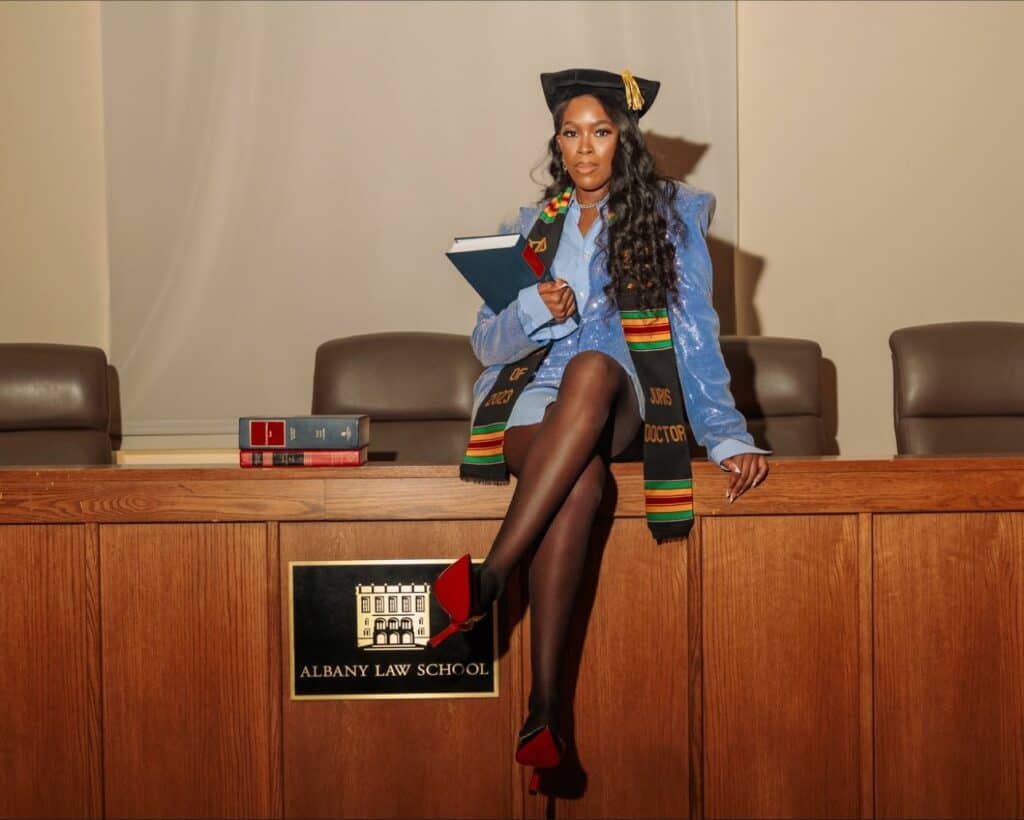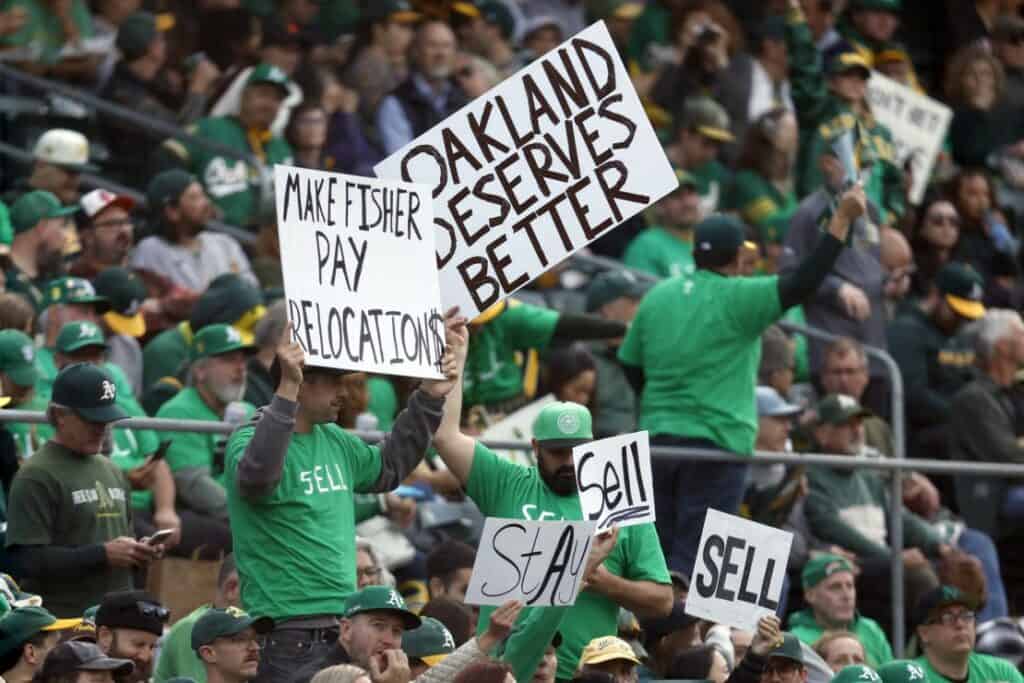The culture of racism in football has been prevalent for decades. While these things are normally pushed under the rug, the tide has changed in recent years. Athletes are speaking against the toxic environments that they were apart of during their time in college. Coaches get away with too much and receive little consequences as a result. In addition to the immense pressure student athletes face, physical and mental abuse adds another hurdle to overcome. The Iowa Hawkeyes football program is the latest school to get exposed for their hostile culture, specifically toward Black players. Iowa recently parted ways with Strength and Conditioning Coordinator Chris Doyle after allegations of mistreatment of black players during his time at the school. Doyle served at Iowa for 21 years alongside Kirk Ferentz and was the nation’s highest paid strength coach at $800,000 annually.
Football and Racist Culture
Reports have surfaced in recent weeks that Iowa Head Coach Kirk Ferentz, offensive coordinator Brian Ferentz, and Doyle harassed Black players. Reports say that Doyle and Ferentz (Brian) directed racist jokes at players. Doyle allegedly went as far as stepping on players’ fingers during workouts. Chicago Bears guard, Chris Daniels, was among the first to speak up.
“ There are too many racial disparities in the Iowa Football program, black players have been treated unfairly for far too long,” Daniels tweeted.
After Daniels’ statement, other former Hawkeyes came forward as well. Former defensive back, Emmanuel Rugamba, detailed an incident in which Doyle threatened to put a player “ back on the streets.” Another former player, Marcel Holy, stated that he was harassed for wearing tank tops and having tattoos. Holy said he was told that his appearance wasn’t the “Iowa Culture or the “Iowa Way”.
Shortly after Doyle was placed under administrative leave, Ferentz addressed the media for the first time after the allegations on June 12th. Ferentz admitted there was a “blind spot” when it came to the treatment of black players throughout the years.
“The biggest question to me is, why the blind spot? And I think every person has a blind spot. I’m sure every leader has a blind spot. The former players were very forthcoming. They were very direct, and just pointed out some things that perhaps gave me a new awareness.”
Ferentz’s comments about the allegations against the program being a blind spot certainly brings more questions after the testimonies of former players. And it only gets worse from there.
Chris Doyle: The Ringleader
Days before Ferentz’s statement, former defensive back, Diauntae Morrow, spoke to ESPN about an incident regarding Doyle in 2009. According to Morrow, during a workout session in 2009, Morrow was battling a stomach virus and was told to ride the stationary bike by a trainer.
Doyle told Morrow to return to the workout and that he “didn’t deserve to be on the bike.” Morrow says he got off the bike to speak with Doyle, who berated him with insults. Morrow then allegedly fired back at Doyle and told ESPN that he “gave him an f-bomb” and the two went back and forth in a heated verbal exchange. During this exchange, Doyle allegedly told Morrow “Fuck you” and threatened to send him back to Glenville, Morrow’s hometown. Morrow says he spoke to Ferentz regarding the altercation and Ferentz took Doyle’s side.
“He was more so focused on what I said to coach Doyle, not what Doyle said to me.”
Morrow went on to say that him and other black players often met up to discuss their experiences and how they felt alienated. He went on to say that he wasn’t calling for anybody to be fired, but stated to ESPN
“You’re not innocent Kirk, don’t play the ignorance game.”
Morrow later had a brief meeting with Doyle before transferring to Toledo, where he played his last two seasons of football.
Kirk responded to Morrow’s story by saying “ I’m not saying it’s true or not true, I don’t remember Chris using that word. I’ve never heard Chris use that phraseology.”
Sources also indicate that Ferentz and other Iowa coaches weren’t present during the workout. But after reading Morrow’s comments on his meeting with Ferentz, the “new awareness” statement sounds even worse. But it doesn’t stop there.
Akrum Wadley: Football and Fear
According to Wadley, Brian Ferentz frequently asked him if he was on his way to commit robbery when he wore a team issued wool cap that covered his face. He also told reporters that coaches constantly ridiculed him about his inability to gain weight during the offseason.
On Monday, June 29th, former Iowa running back Akrum Wadley talked in depth about his experience at the school. Wadley depicted a culture headlined by racist bullying under Kirk Ferentz.
“ I was threatened by Kirk Ferentz that my meal card would be taken away and I will not eat nor be able to sit with my teammates during eating sessions. He did follow through on his threat,” Wadley said.
This led to Wadley binging on protein shakes which led to him getting sick on multiple occasions. Wadley went on to say that he started drinking alcohol to cope with the struggles he went through during his time at Iowa.
“I felt like playing for Iowa football was a living nightmare,”. I never drank alcohol prior to going to college but based on my experience there it became the only thing I could rely on, it seems and was what I did to cope.”
Iowa recently hired a law firm to conduct a review of the football program. The school will pay Doyle $1.1 million as a part of his resignation (of course). The Des Moines register issued a statement Monday that Ferentz will not comment publicly.
“Coach Ferentz believes that meaningful change takes time and a thorough independent examination is already underway,” the statement read.
Road to Redemption
These are just some of the stories that have circulated in recent weeks about the football program at Iowa. I expect more to come forward in the near future. Considering Doyle worked alongside Ferentz for so long, I’d imagine there were numerous incidents similar over the years. Morrow told reporters that he’d heard stories of what Black players went through before his tenure at Iowa. Change starts with people having those tough conversations we usually tend to avoid. Another thing I’d like to see is non-Black players, past and present, to come forward and support their Black teammates. If you claim these guys as your “brothers” then now is the time to step up and prove it. I don’t expect any former coaches to say anything. Some of them were most likely a part of the problem. And for those who didn’t participate in the racist bullying but sat by and watched it happen, you’re just as guilty.
Time for Action
Ferentz has promised to listen to his players, but that’s not enough. Actions speak louder than words. If Ferentz is sincere, he should start by reprimanding his son. That would go a long way in sending a message that he is serious about change and would help repair his image with his players. Time will tell if Ferentz is sincere in his approach.
Before I wrap this up, I want to address some of the ignorant social media posts I’ve seen recently. As usual, fanboys jumped to the defense of the program. They brought up Black players who the program sent to the NFL. Other posts mentioned Black players who returned for their senior seasons. Interestingly enough, they never referenced Wadley or Morrow’s stories. So for those people, let me explain something to you. When it comes to something like racism, the ends don’t justify the means. It’s that simple. That goes for everyone, regardless of race or social status. An institution that exhibits and enables a destructive culture for the sake of winning should be rebuked and remade from the top down. If you can’t agree with that, then you have personal problems.
The issue at hand is much bigger than any football game.




